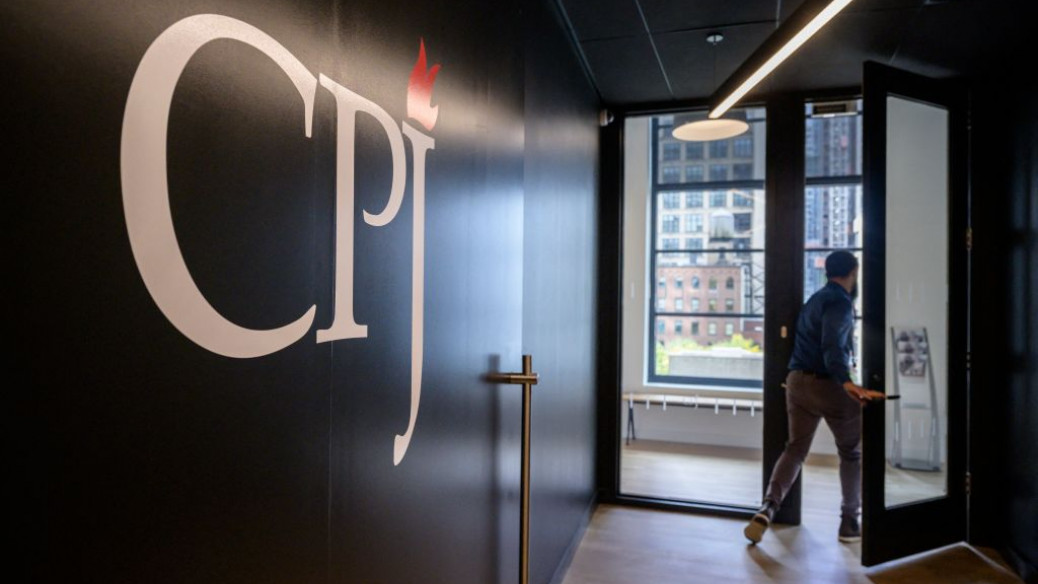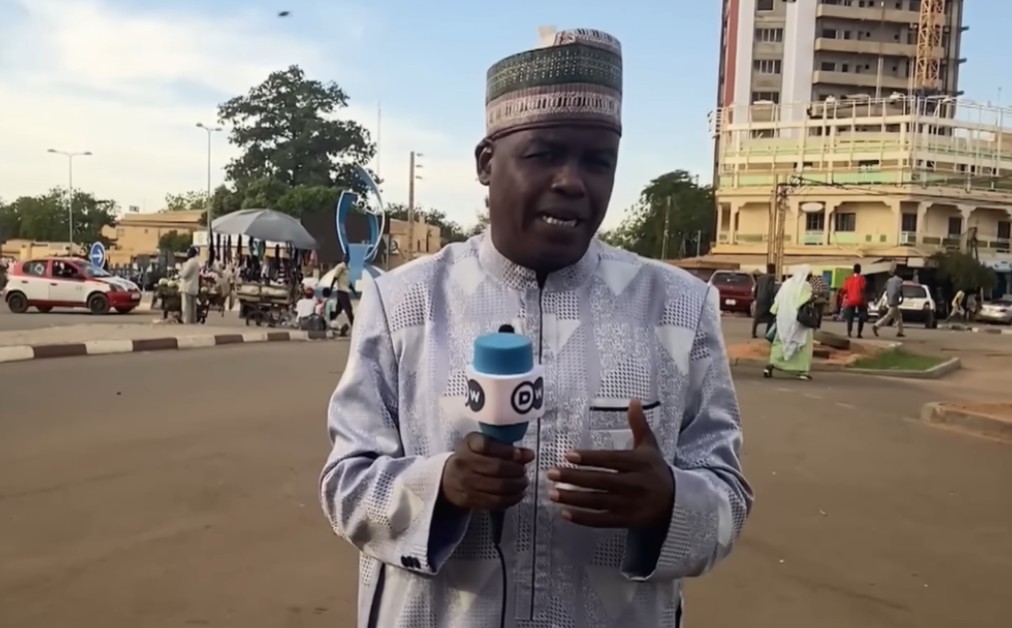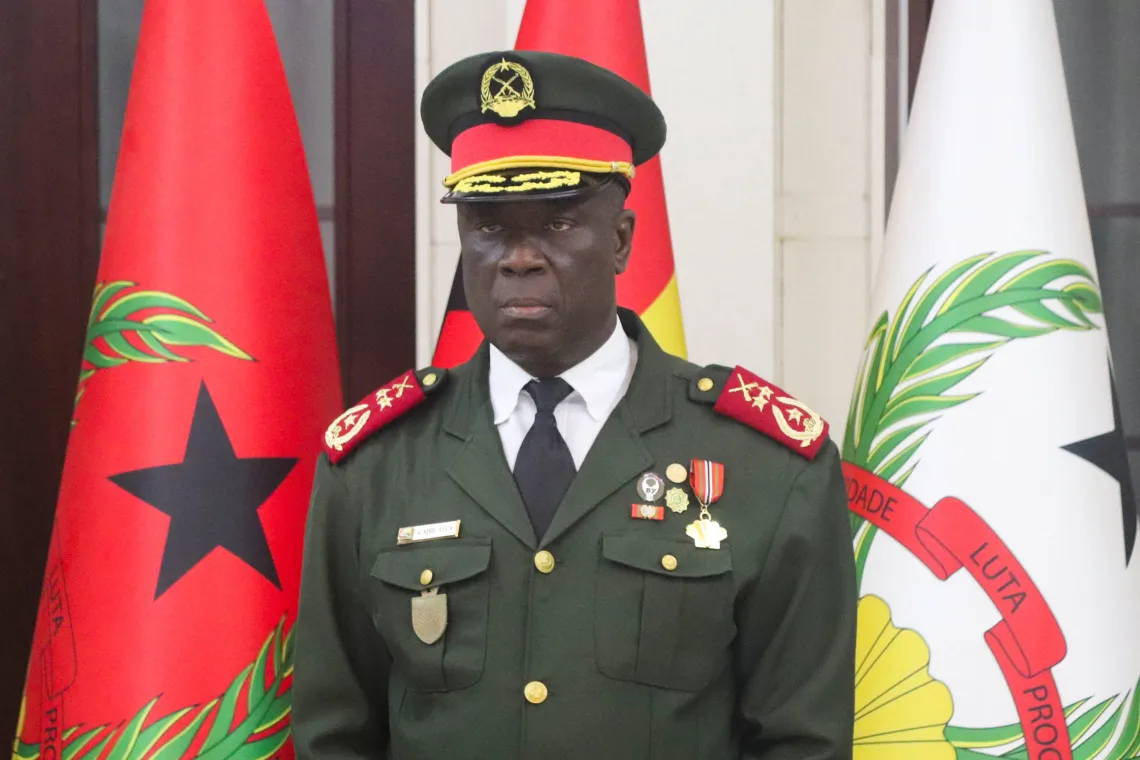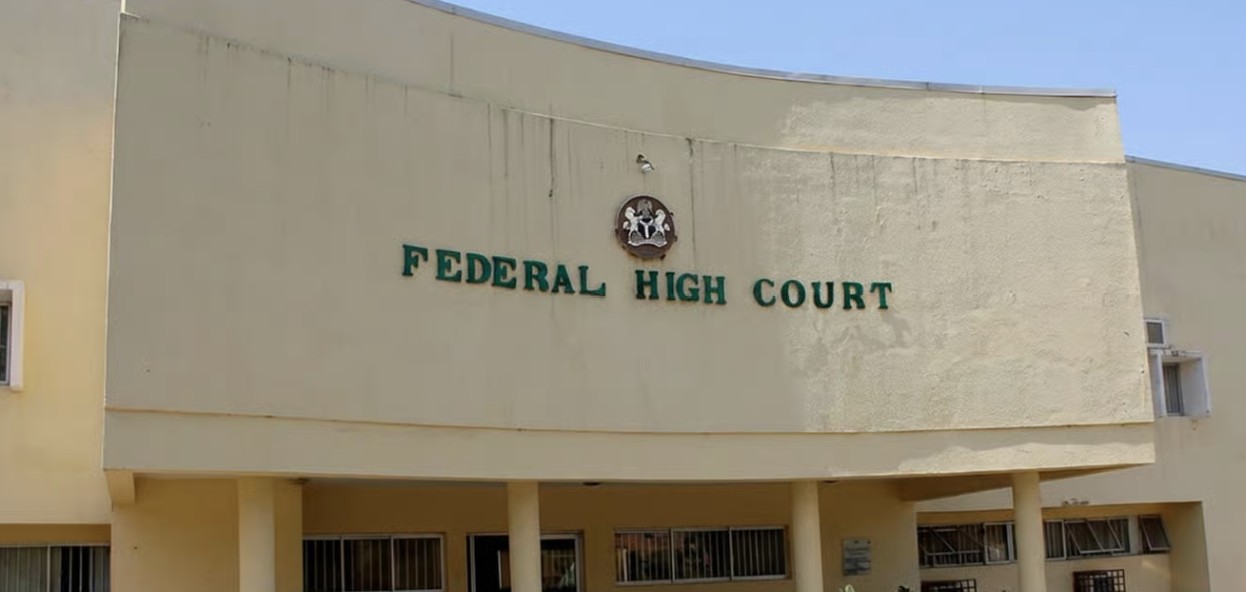
Muzzled in Damascus
July 1, 2025
Cyberterrorism in Spain: Teen Hackers Arrested for Leaking Data of Ministers and Journalists
July 2, 2025July 02, 2025 – Zimbabwe –
Faith Zaba, editor of the independent weekly Zimbabwe Independent, was arrested in Harare and charged with “undermining the authority of or insulting the President.” The charge stems from a satirical column published in the paper’s “Muckraker” section on June 27, which criticized President Emmerson Mnangagwa and Zimbabwe’s leadership within the Southern African Development Community (SADC), labeling it a “trade union of dictators”.
Her arrest followed recent harassment of independent journalists, most notably Blessed Mhlanga of HSTV, who spent 72 days in pretrial detention earlier this year. Zaba is reportedly experiencing serious health issues, yet was detained overnight and saw her bail hearing postponed to July 3 for medical record review.
Human rights groups and media advocates have condemned the arrest as part of a systematic crackdown on free expression. Amnesty International’s Khanyo Farisè denounced it as “an assault on the right to freedom of expression and press freedom,” calling for her immediate release and the dropping of all charges. The International Federation of Journalists (IFJ) and its affiliate ZUJ labeled the move “outrageous abuse of power,” affirming that satirical commentary is protected under the constitution and international human rights law.
Regional and global media bodies, including the World Association of Newspapers and WAN‑IFRA, have echoed these concerns. WAN‑IFRA stressed the importance of satire as a democratic tool, urging Governor Mnangagwa to uphold media freedoms rather than weaponize criminal law against journalists.
On July 4, Zaba was granted bail by a Harare magistrate after enduring three nights in detention, partially due to a power outage that delayed legal proceedings.
This incident forms part of a broader pattern where authorities exploit vaguely worded laws to intimidate and silence independent journalism. The use of criminal charges against satirical writing reinforces a climate of fear and self-censorship in Zimbabwe’s media landscape. Advocacy groups warn that without concerted reform and civic pressure, the erosion of press freedom will continue to erode democratic rights and stifle public discourse.
Reference –
Zimbabwe: Arbitrary detention of journalist an assault on freedom of expression




